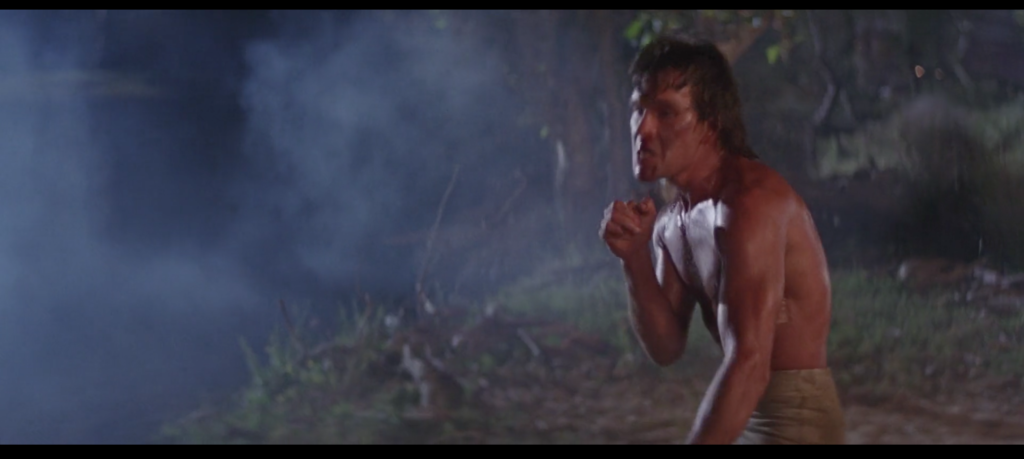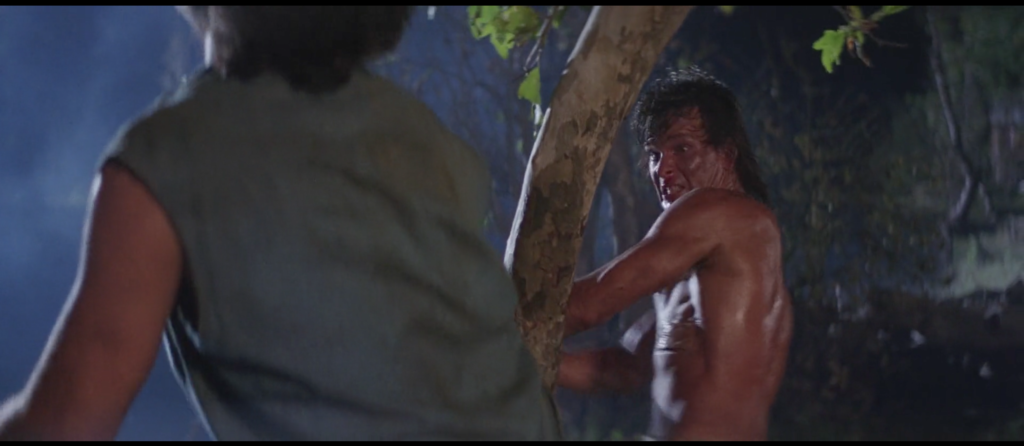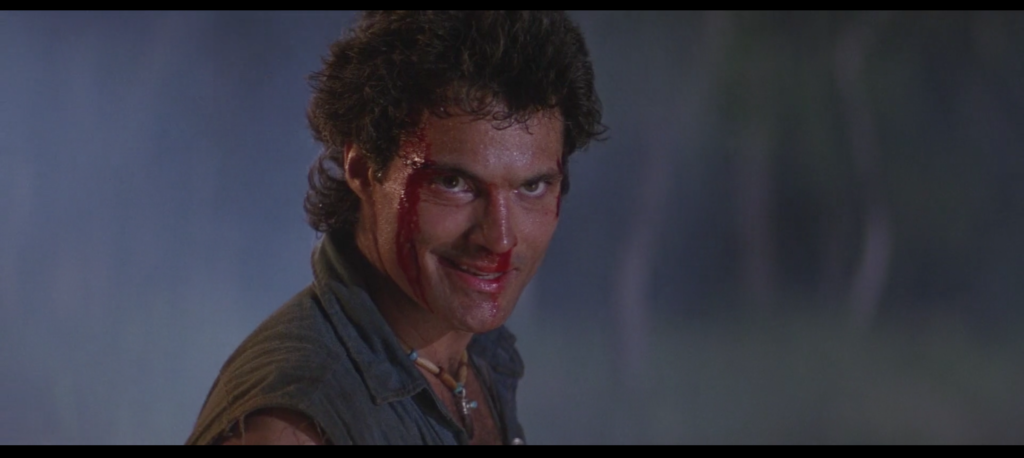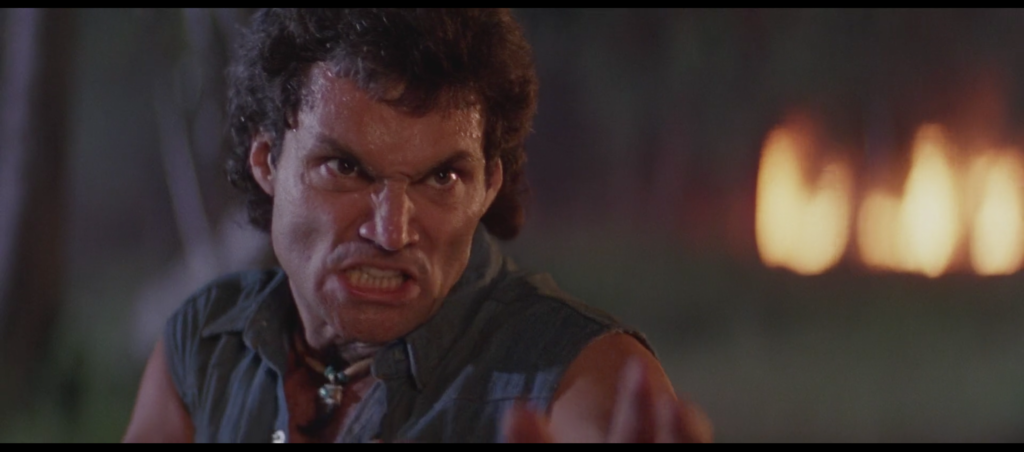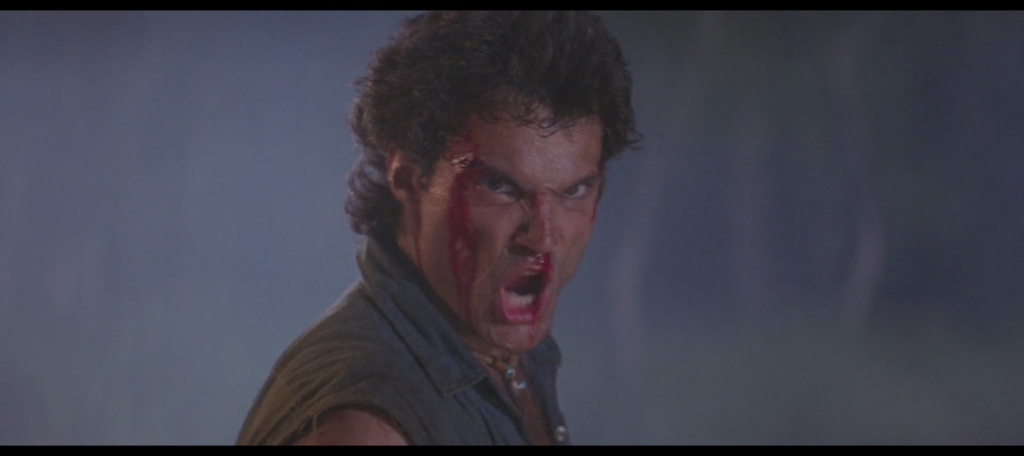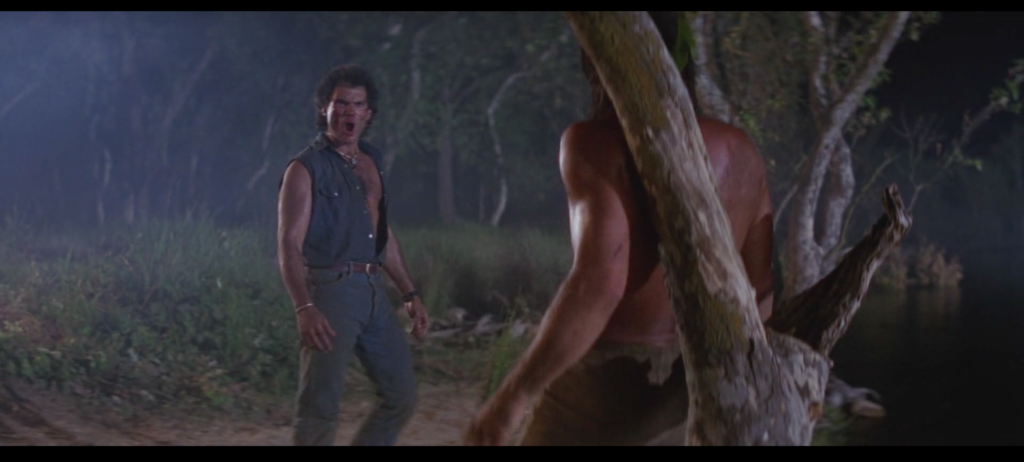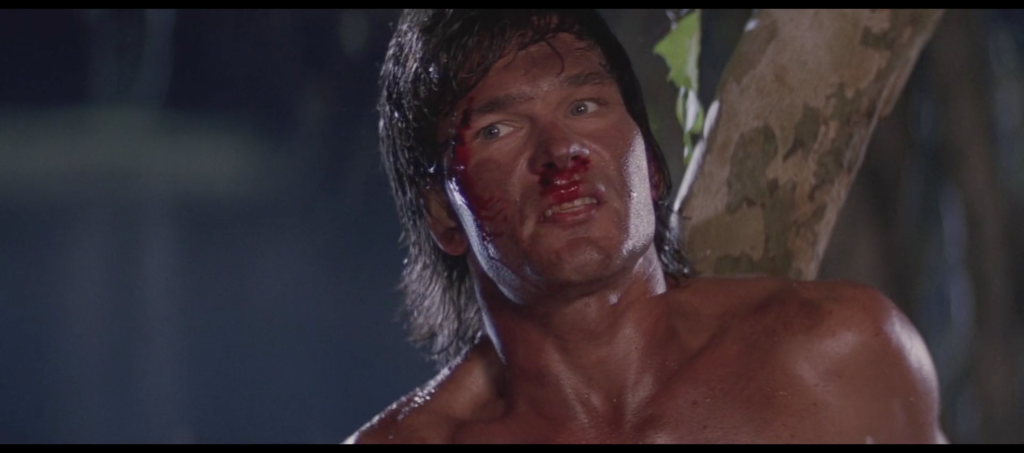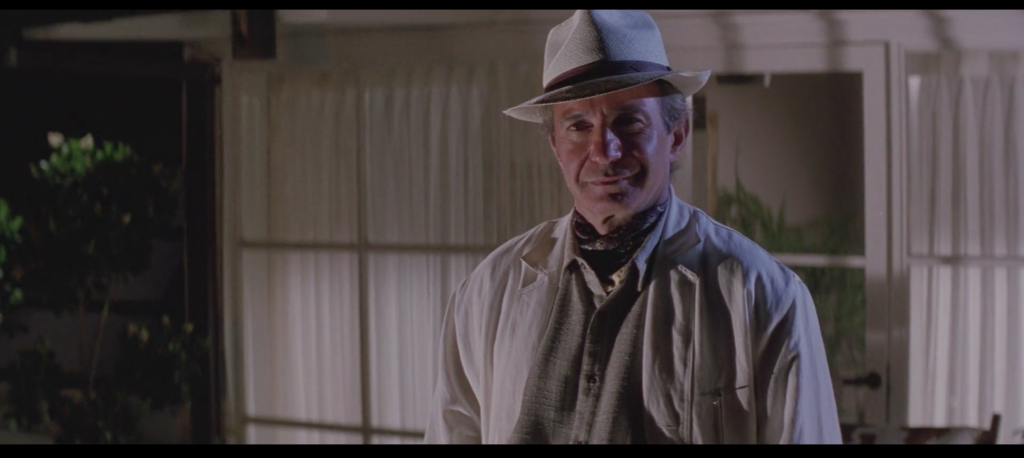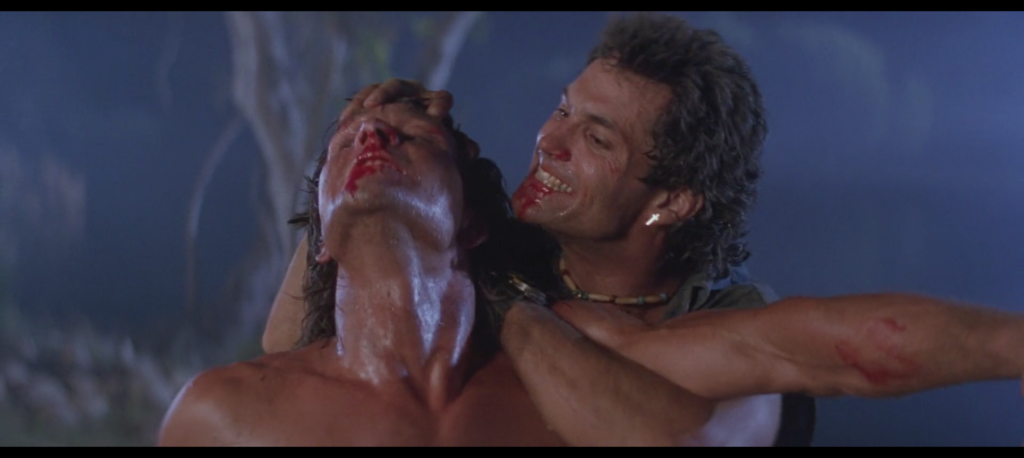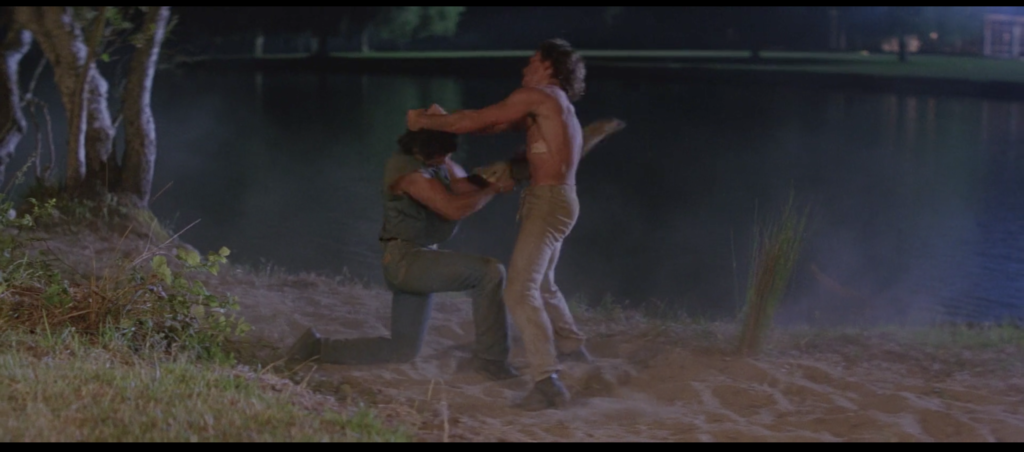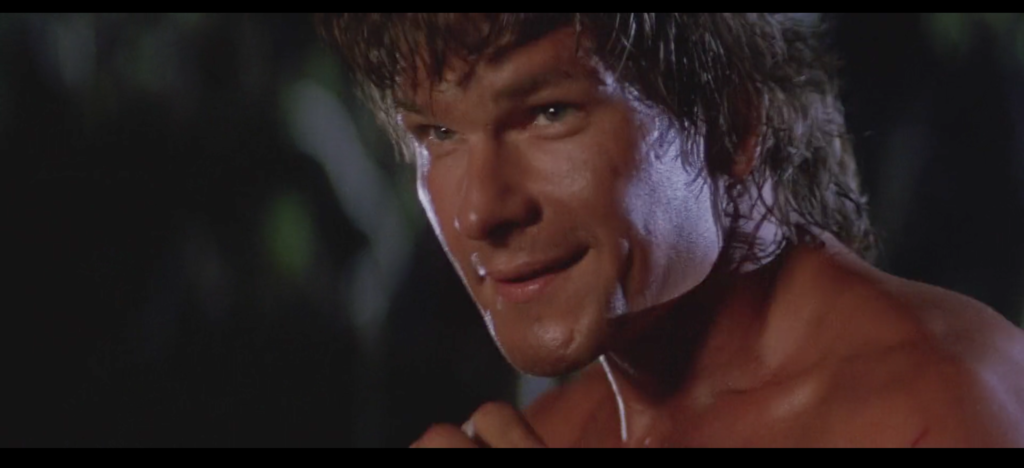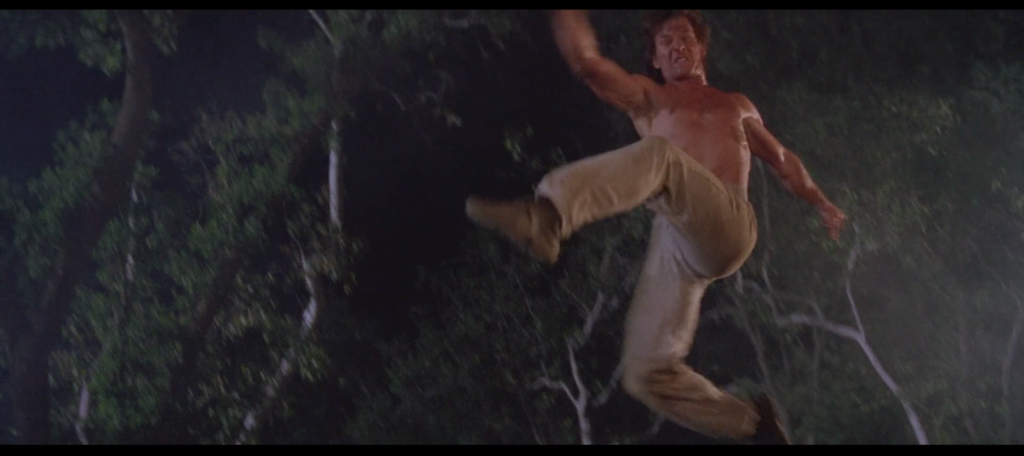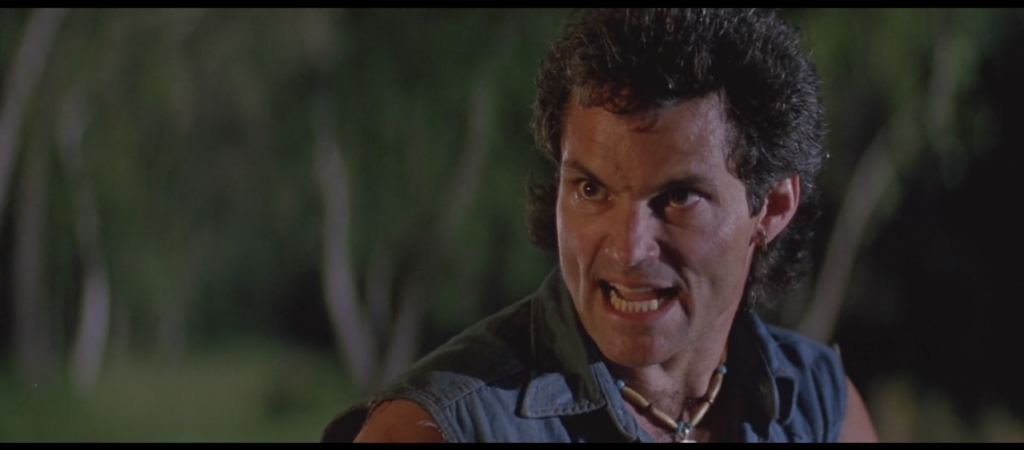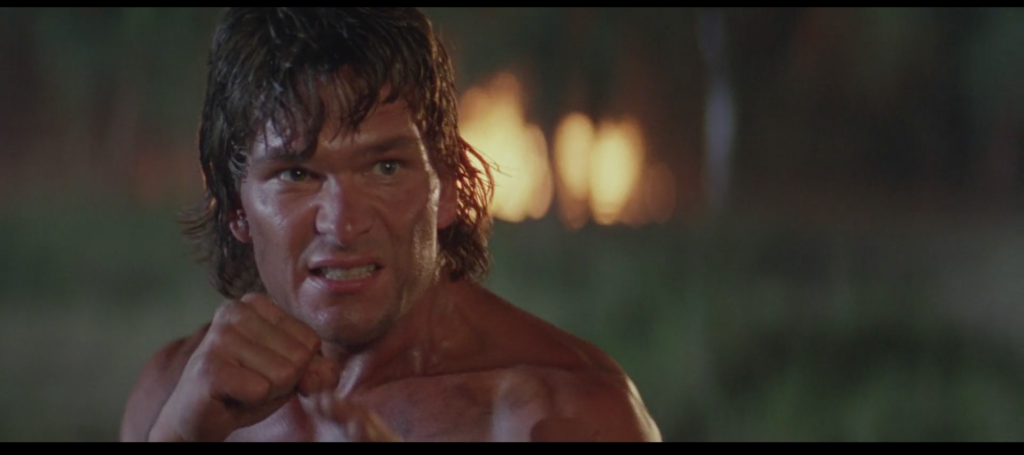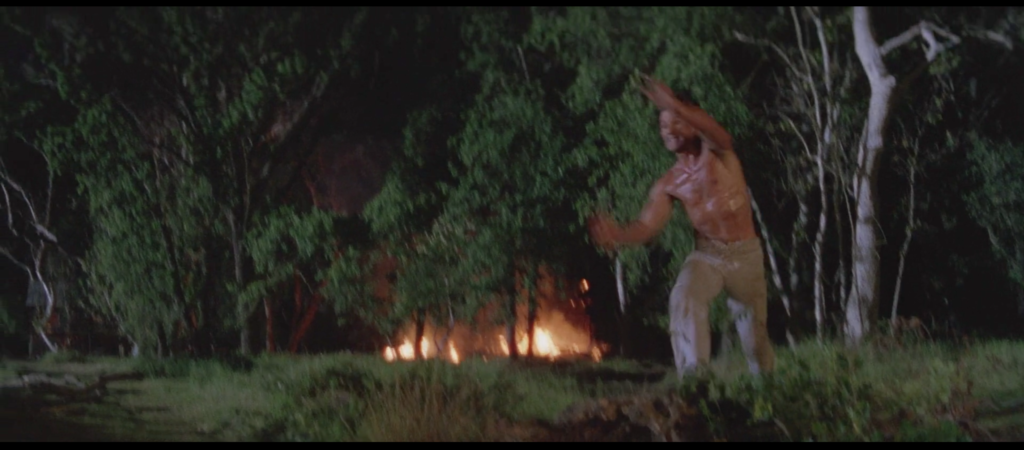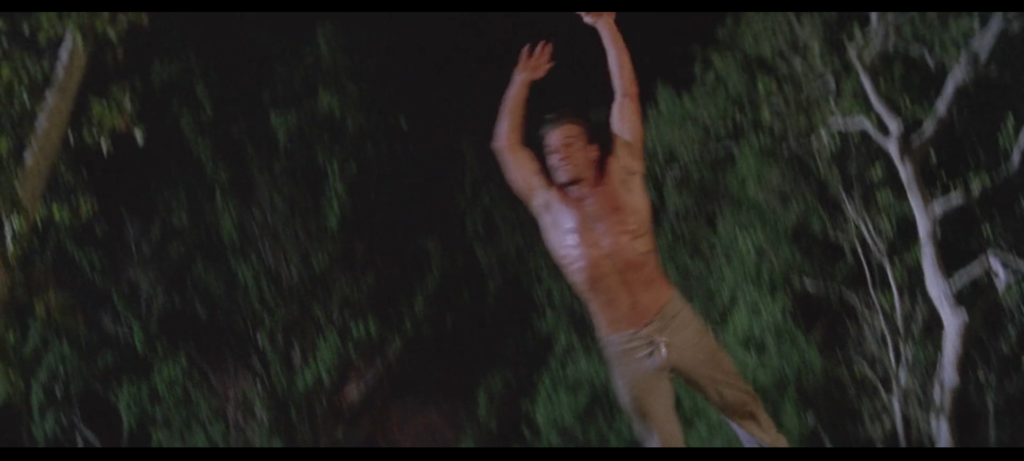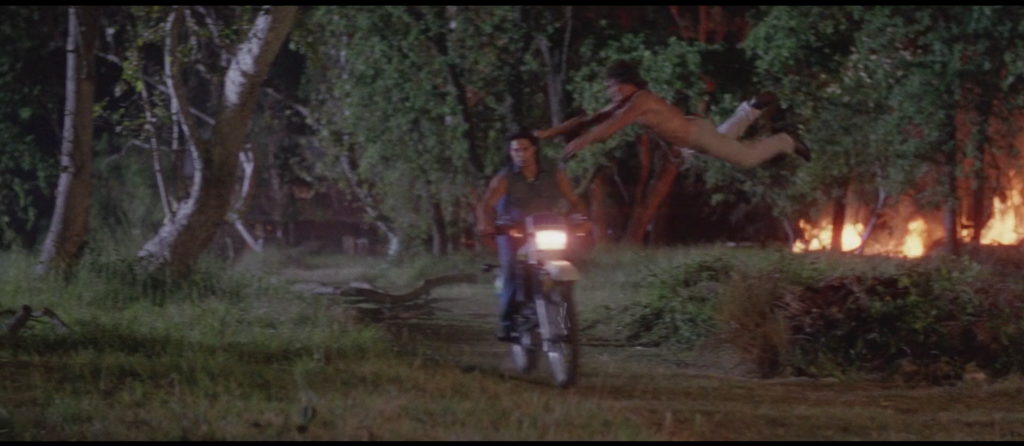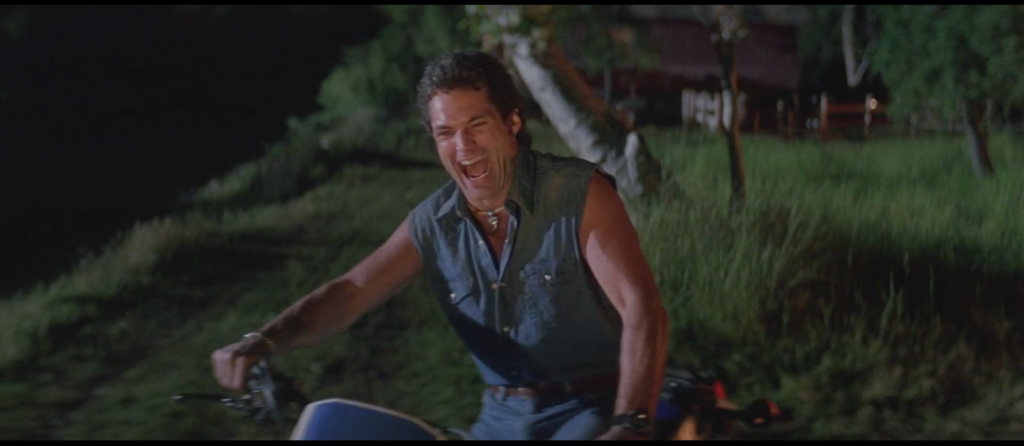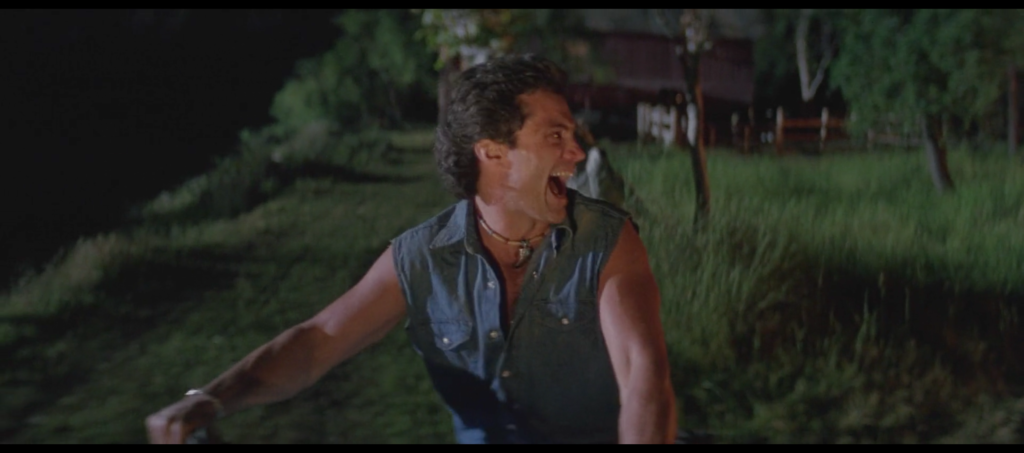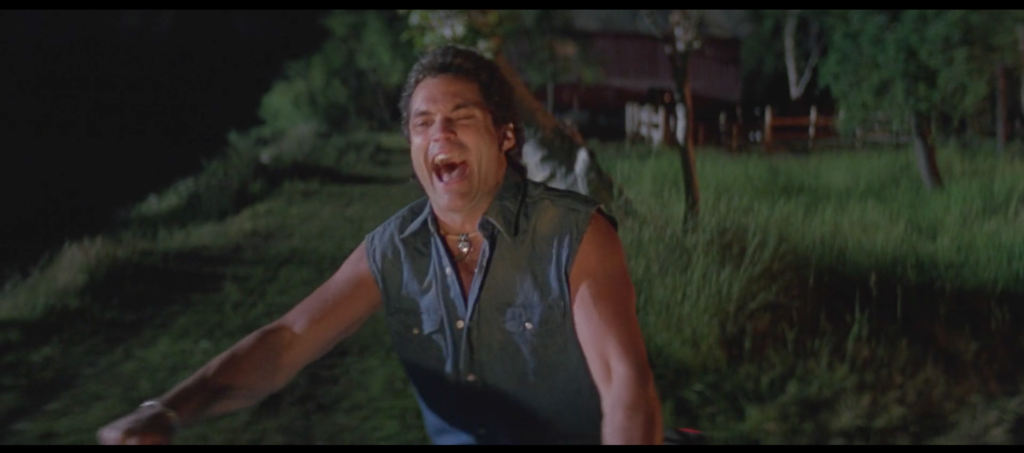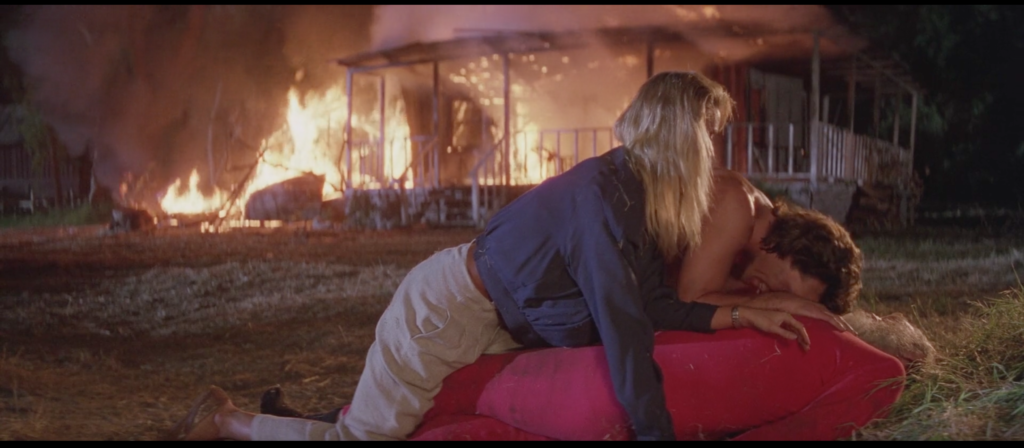Question: What does your daemon look like? Is it a ferret, a fox, a monkey, a regal snow leopard? In the world of His Dark Materials, the joint BBC-HBO adaptation of Phillip Pullman’s hugely acclaimed young-adult fantasy series, everybody’s got a literal spirit animal — magical creatures called “daemons” that function like having an external animal-shaped soul you can run around with and talk to. As a way to engage the audience, daemons rank right up there with Harry Potter’s Gryffindor-to-Hufflepuff sorting matrix, or Game of Thrones’ great houses, only even more personalized. And if HBO pulls off yet another swing-for-the-fences fantasy adaptation properly, you’ll want one of your own.
A snakebite at the end of a climactic, no-holds-barred heart-to-heart is a perfect visual synecdoche for the entire series, which has always pitted human desire and emotion against the caprice of the universe — hurricanes, cancer diagnoses, fires, drownings, accidents of birth. What a pleasure to watch a show move toward its final hour with so firm a grasp on what has given it life.
I reviewed the penultimate episode of The Affair for the New York Times.

